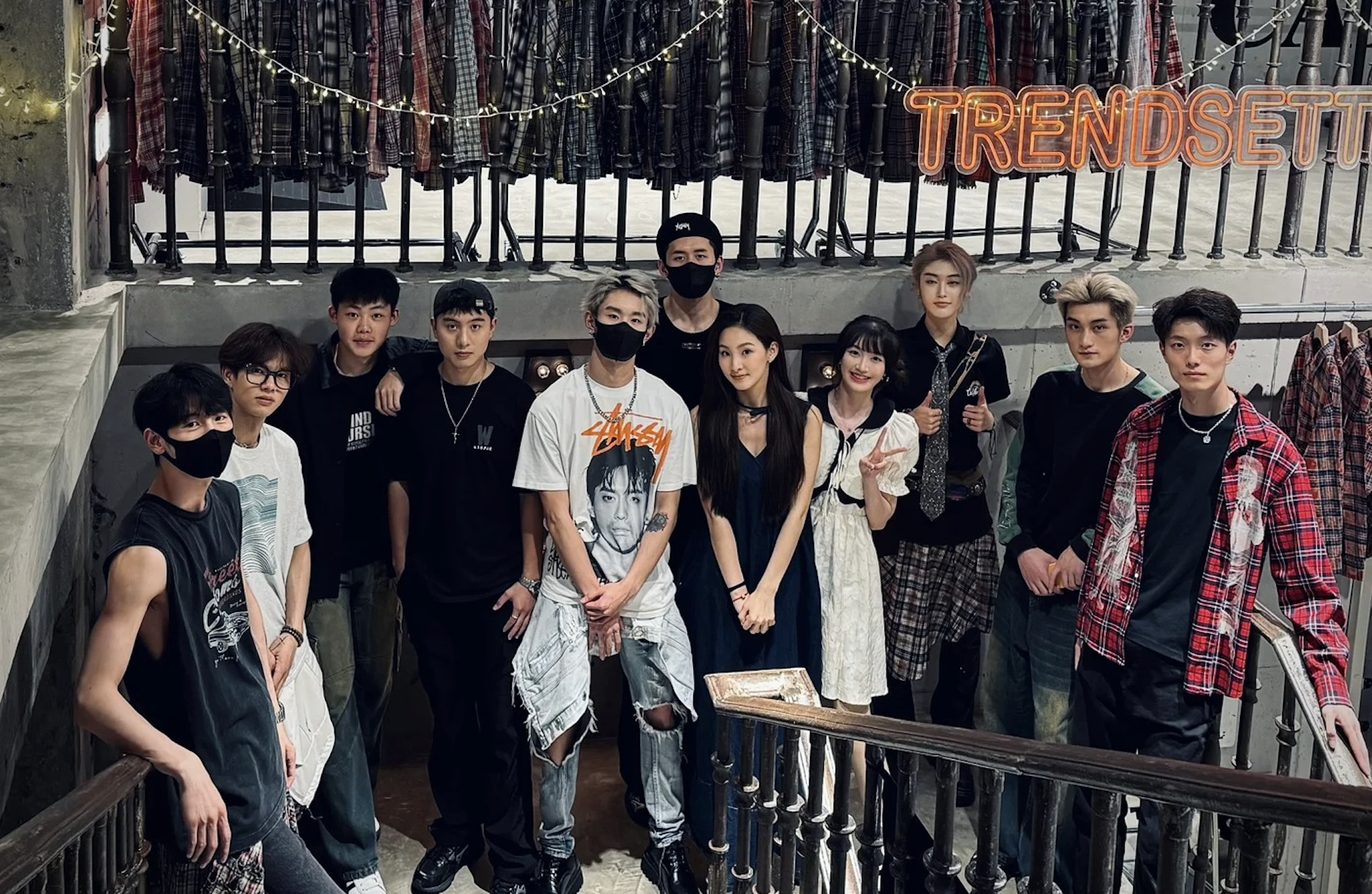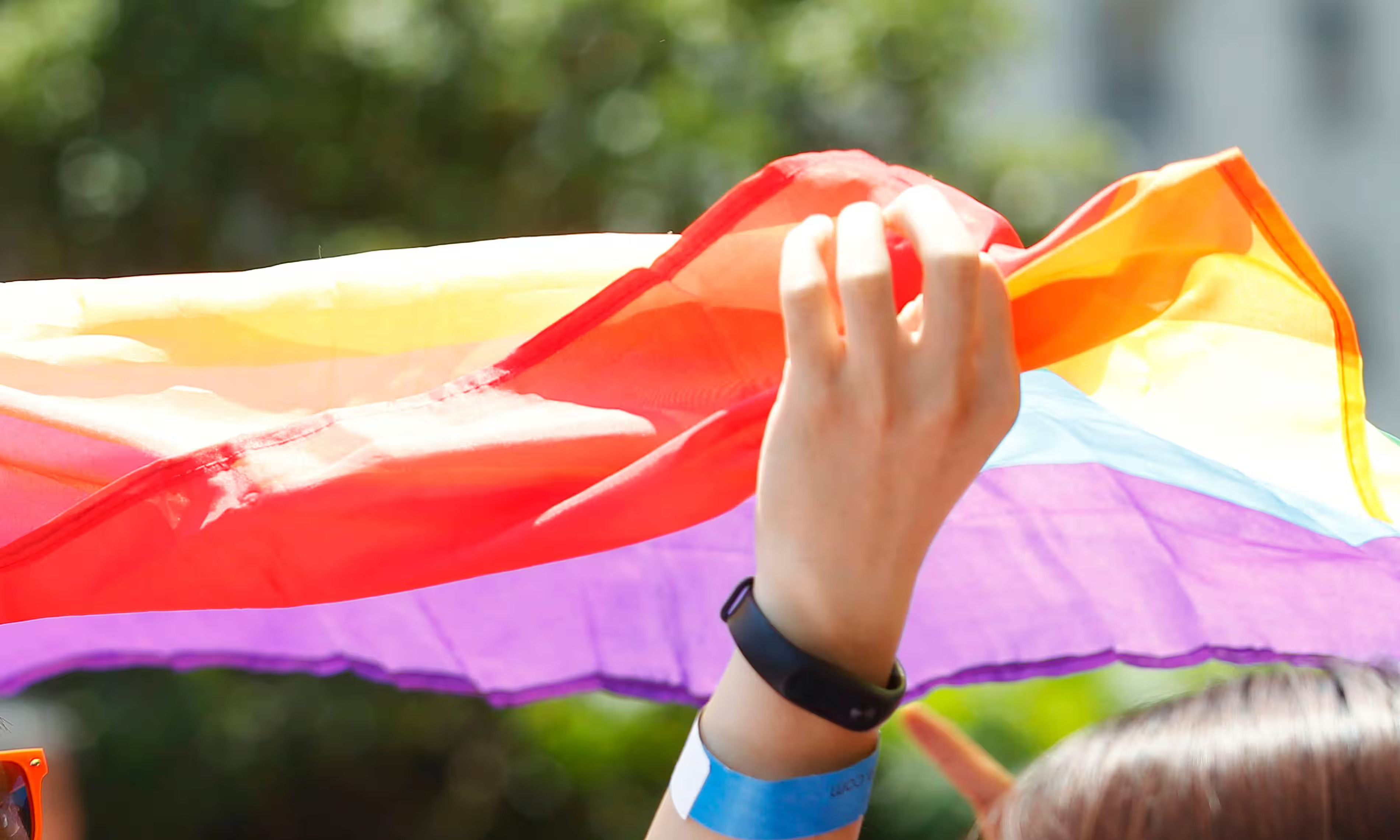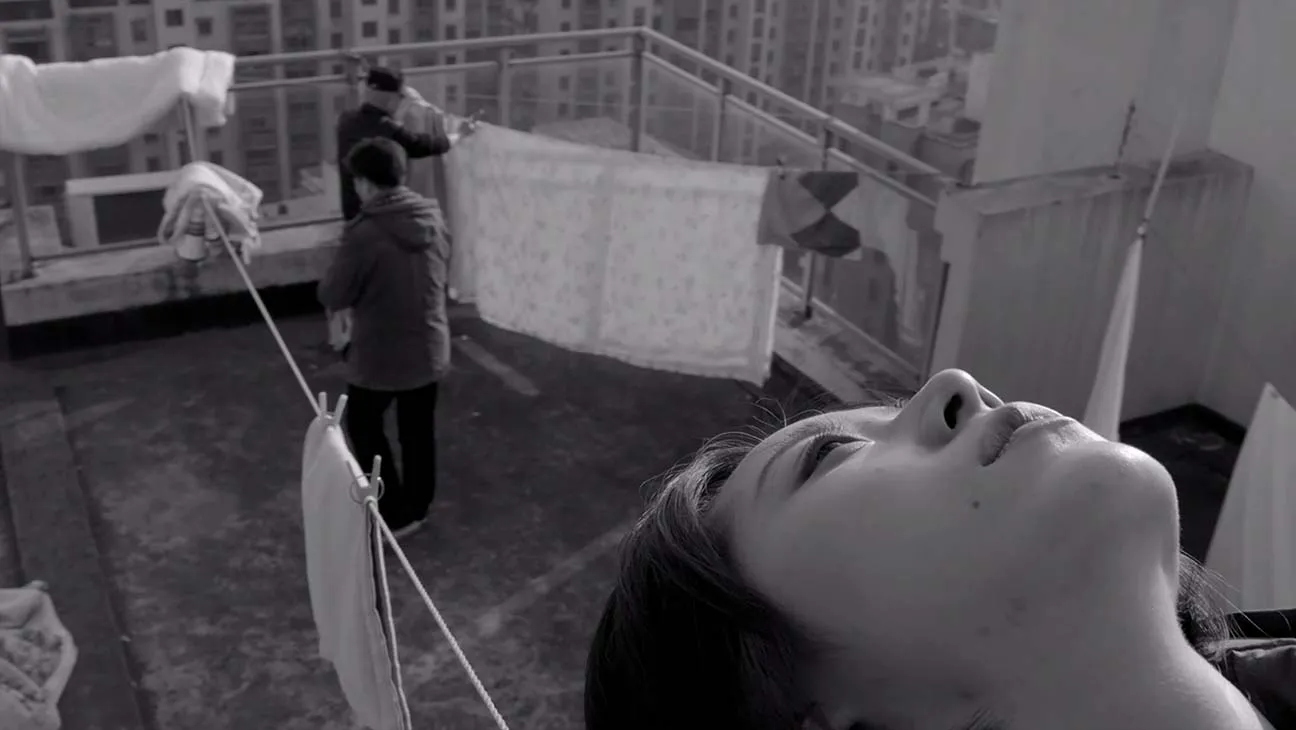The Covid-19 pandemic has changed the way we watch movies, with many cinemas across the world closed and even those that are open still reeling from the impact of social distancing measures and infection fears. Film festivals too have struggled, with the likes of Cannes cancelled or moved online. But while it’s meant huge disruption for many film festival organizers, for Yi Wang, founder of the London-based Queer East Film Festival, such problems have also come with an unexpected upside.
The festival, which aims to bring seldom-told Asian LGBTQ+ stories to UK audiences, was initially intended to run as a two-week series of events in April. Things quickly became complicated with the global outbreak of Covid-19, with in-person screenings pushed back to September (no new date has yet been set). But in working to overcome these obstacles, what originally had been slated to be an offline festival has now been able to reach a global audience, as Queer East launched two online series in April and July.
“The two series provided greater media exposure, and the content reached wider audiences,” says Wang. “We [received] encouraging responses, not only within the UK, but across borders from the US, the Netherlands, and Germany, among others. It benefited not only the organizers but also equally the filmmakers, as it provided them with an opportunity to showcase their work to a broader audience that may not have had the chance to attend physical screenings under usual circumstances.”
Related:
 In China, Queer Film Events Quietly Push for Education and Acceptance“If you want to change people’s minds, you start by showing them things”Article Jun 18, 2020
In China, Queer Film Events Quietly Push for Education and Acceptance“If you want to change people’s minds, you start by showing them things”Article Jun 18, 2020
Queer East launched its first virtual edition of ‘QE: HomeSexual’ in April with five programs, including two award-winning documentaries and 15 short films from emerging talents in Asia. That series was made for charity, and they donated the proceeds to support the independent cinemas that had previously partnered with them.
In July, they launched the ‘QE: Docs4Pride’ online series coinciding with Pride season, which included “four free-to-stream documentaries about queer resistance and activism in East and Southeast Asia, aiming to amplify the voices of those marginalized in the LGBTQ+ community.” These included feature films on the campaign behind the election of the Philippines’ first trans congresswoman (Out Run), queer activism in a Chinese metropolis (Shanghai Queer), the movement behind Taiwan’s legalization of same-sex marriage (Taipeilove*), and the story of the gay couple who founded Japan’s first LGBTQ+ law firm (Of Love and Law).

Of Love and Law
Wang sees Queer East’s purpose as two-pronged: filling a vacuum in Asian representation on screen, and bringing together Asian and LGBTQ+ stories at a time when humanization and nuance are sorely needed. “By showing films that people might not otherwise get a chance to see, I hope our festival can trigger an interest in Asian and Asian diasporic communities that have often been excluded from mainstream discourse,” he says. These gaps in representing queer Asian lives in television and on the big screen only contribute to misunderstanding, he feels — or worse, the idea that LGBTQ+ people of Asian descent don’t exist.
Additionally, rising anti-Asian sentiment in the wake of Covid-19 has lent Wang’s project of introducing international audiences to queer Asian communities a new sense of urgency. At the beginning of July, the US-based anti-discrimination group STOP AAPI HATE received almost 1,900 reports of verbal or physical harassment against Asians and Asian Americans over an eight-week period; in May, members of the UK’s parliament reported a 21 percent spike in anti-Asian hate crimes.
Related:
 Asian Americans in Hollywood Speak Out Against Racism with #WashTheHate CampaignCampaigns like #WashTheHate are encouraging the AAPI community to take a stand against racism in the USArticle Jul 31, 2020
Asian Americans in Hollywood Speak Out Against Racism with #WashTheHate CampaignCampaigns like #WashTheHate are encouraging the AAPI community to take a stand against racism in the USArticle Jul 31, 2020
Wang argues that this kind of ignorance and prejudice is precisely why festivals and events like Queer East are so crucial. “The rise of far-right nationalism, extremism, and hate crimes, particularly in cyberspace, is extremely concerning,” he says. “This is the reason why showcasing authentic, diverse, and powerful stories is more important than ever. We hope that by providing viewers with varied perspectives on LGBTQ+ topics, it will facilitate a better understanding of the queer Asian community.”
All this begs the question of what the young organizer makes of Asian LGBTQ+ communities’ string of remarkable successes. In 2014, India’s top court recognized transgender people as a third gender and in 2018, struck down colonial-era laws against male homosexuality. In 2018, Hong Kong authorities extended spousal visas previously reserved for cross-sex couples to same-sex couples as well. And in 2019, Taiwan’s government became the first in Asia to recognize same-sex marriage.
More recently, in Thailand, the military-linked ruling party announced its support for same-sex unions complete with adoption rights — though the proposal falls short of full marriage equality, favored by the democratic opposition. And though their election prospects appear thin, Japanese opposition lawmakers have announced their support for equal marriage as well.
Summarizing the region’s complex cultural and legal landscapes, Wang says, “Although progress has been made, there are still many challenges and obstacles to overcome, particularly those relating to legal protection and policymaking. The current same-sex marriage law in Taiwan is being challenged by many LGTBQ+ organizations, due to unsolved issues regarding adoption and transnational marriage. We have also seen attempts to advance the LGBTQ+ rights in Singapore and China, which have unfortunately been rejected by their governments.” The fight for legal recognition in all of these places continue.
Related:
 9 Chinese Language LGBTQ+ Films Tackling the Diversity of Asian QueernessThere are plenty of excellent Chinese language films that explore LGBTQ+ lifestyles. Here are nine for you to enjoyArticle Jun 22, 2020
9 Chinese Language LGBTQ+ Films Tackling the Diversity of Asian QueernessThere are plenty of excellent Chinese language films that explore LGBTQ+ lifestyles. Here are nine for you to enjoyArticle Jun 22, 2020
In an interesting twist on the narrative that the US and western Europe leads in LGBTQ+ rights — a story that conveniently forgets Asia’s long history of acceptance of same-sex love, cross-dressing performance, and non-binary genders — these developments may well serve as inspiration for queer communities in the US, UK, and Europe, where LGBTQ+ communities now face a newly emboldened right-wing populism that takes aim both at communities of color and gender and sexual nonconformity.
By contrast, Wang says that Queer East’s aims are somewhat more modest than taking on this growing and vocal intolerance. As he puts it: “I hope that Queer East will be a gentle reminder for us all that the LGBTQ+ community should not leave anyone behind.” It’s that underlying message of compassion, inclusion, and cross-cultural understanding that makes Queer East so critical in today’s fractured moral and political landscape.
Cover image: still from The Summer of 12
















